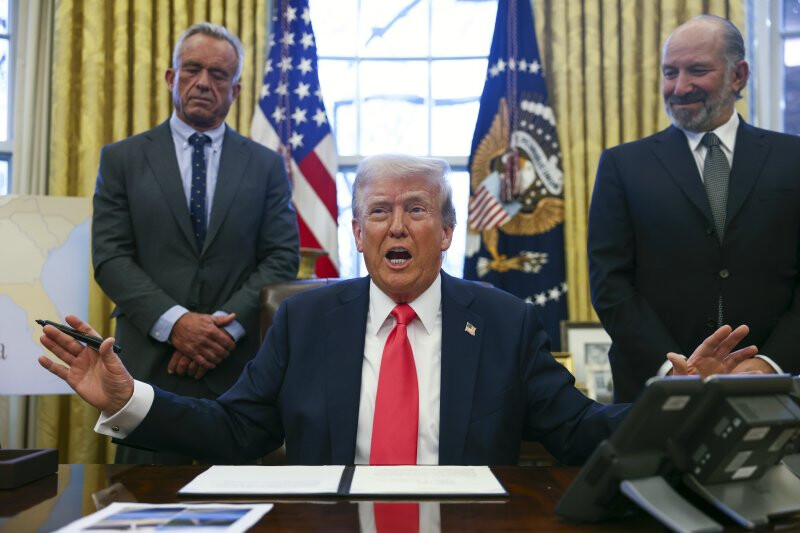
U.S. President Donald Trump's demand that South Korea pay $350 billion in 'up-front' investment to the United States is nothing short of an absurd request and a perilous gamble that could shake the very foundations of the Korean economy. If a massive amount of capital, especially under the pretense of an 'up-front' payment, were to flow out of the country in a short period, it would immediately cause instability in the foreign exchange market and could precipitate an unprecedented national crisis, similar to the 1997 Asian Financial Crisis (IMF crisis).
$350 Billion Up-Front: The Collapse of Foreign Reserves
$350 billion is a colossal sum, representing a significant portion of South Korea's foreign reserves, which are typically accumulated to prepare for emergencies. It is self-evident that if this massive amount of dollars were to be withdrawn all at once, the foreign exchange market would fall into a state of panic. Dollar liquidity would rapidly tighten, causing the Korean Won/Dollar exchange rate to skyrocket, and foreign capital would quickly flee the Korean market. With some analysts suggesting that this outflow surpasses the foreign currency shortage relative to GDP during the 1997 financial crisis, there is no guarantee that another "National Default Day" will not return.
The Korean government's proposal of a Korea-US currency swap as a safeguard for the US investment is a prudent response. A currency swap is the last resort and a financial safety net for securing dollars in a crisis, playing a crucial role in stabilizing sentiment in the foreign exchange market. However, with President Trump pressing for a lump-sum payment of cash assets, effectively including equity investment, even mentioning 'up-front,' the risk of a massive outflow of foreign currency is not eliminated, regardless of whether a currency swap is concluded.
Currency Swap: 'Buying Time,' Not a 'Solution'
Some optimistically believe that a crisis can be averted simply by concluding a currency swap, but this is not a fundamental solution. A currency swap is merely a temporary measure, like an overdraft, to borrow dollars. If $350 billion were paid up-front and a foreign exchange crisis were to occur, even the borrowed dollars could be depleted, ultimately forcing the country to apply for an IMF bailout. Given that IMF support involves harsh conditions and the relinquishing of a degree of economic sovereignty, a currency swap may only temporarily delay the worst-case scenario, ultimately making the path to the IMF unavoidable.
The Korean government must not yield to short-term diplomatic pressure and must respond resolutely, prioritizing national interest and economic stability. The demand for a $350 billion up-front payment is an unilateral imposition that completely deviates from the commercial rationale of a business agreement. It is a predatory demand disguised as a trade agreement, and Korea must reject it and resume negotiations based on long-term national interest. It must be remembered that only fundamental measures—going beyond a currency swap to adjust the scale and method of foreign currency outflow and secure the safety of investment execution—can prevent a second IMF crisis.
[Copyright (c) Global Economic Times. All Rights Reserved.]




























